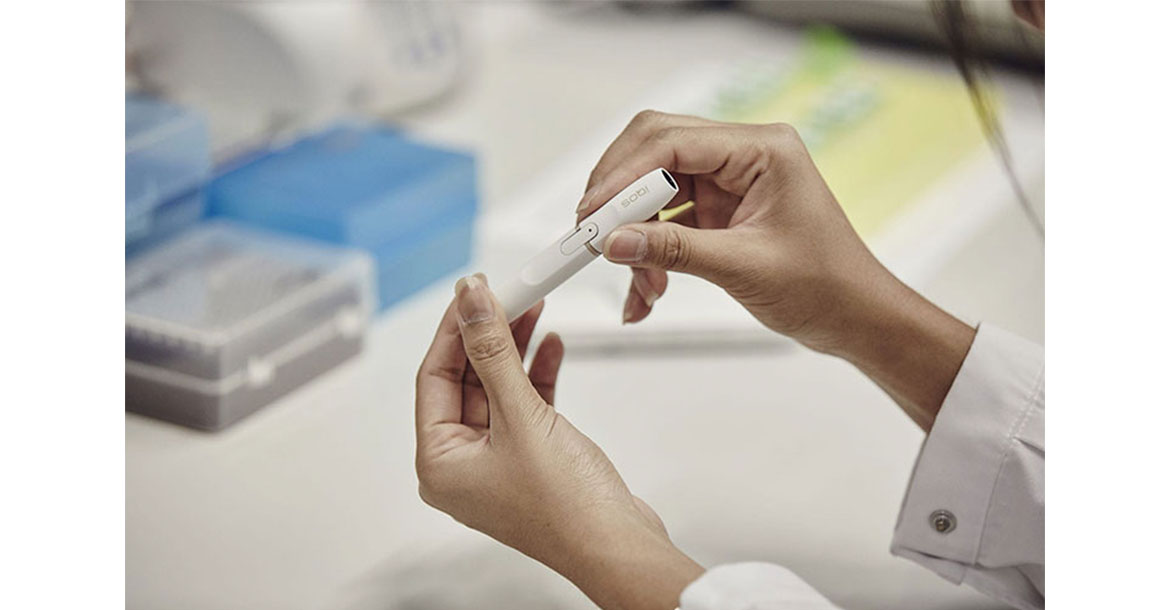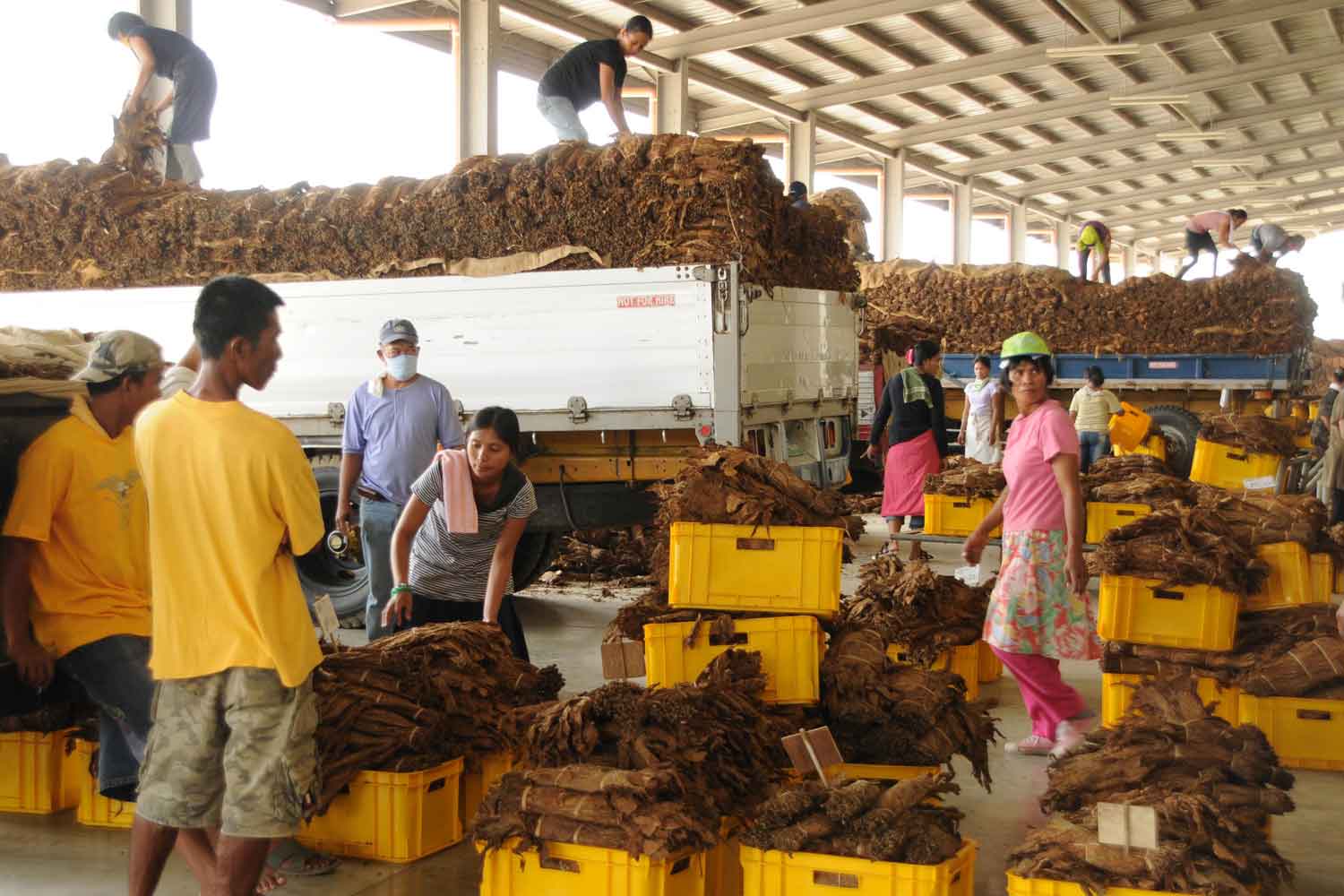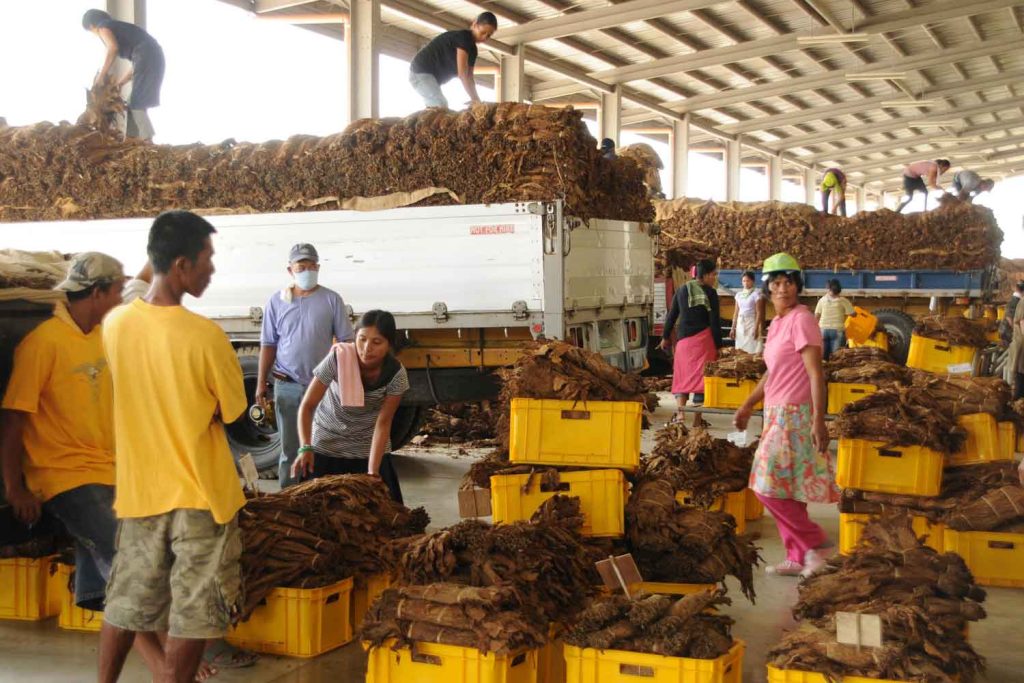PMFTC Inc., the combination of Philip Morris International and Fortune Tobacco Corporation in the Philippines, said nearly 150,000 adult Filipino users have switched to cigarette alternatives like IQOS and ZYN nicotine pouches, accounting for 42% of the company’s revenue thus far in 2025.
PMI’s goal is to have two-thirds of its net revenue come from smoke-free products or alternatives by 2030.
“This growth underscores our commitment to accelerating the transition away from cigarettes and toward better alternatives,” PMFTC said. “This shift underscores our commitment to accelerating the decline of cigarette consumption by offering scientifically substantiated, less harmful options compared to continued smoking.”
Tomoko Iida, director of scientific engagement at PMI said the Philippines is still in the early stages of the company’s smoke-free vision, having only seen a slight increase in the use of smoke-free alternative products and a slight decrease in cigarette consumption. She said that consumers receiving accurate information about nicotine products will be key.
“I really think that having the smoke-free alternative available so that the smokers can move away from cigarettes and switch to this alternative is serving the population, serving the government, and really meeting the public health goal,” she said. “Facts about nicotine, facts about smoke-free products, facts about the data or any of these things have to be accurately communicated so that the Filipino smokers have the right information and they’re able to make a better choice for themselves.”



